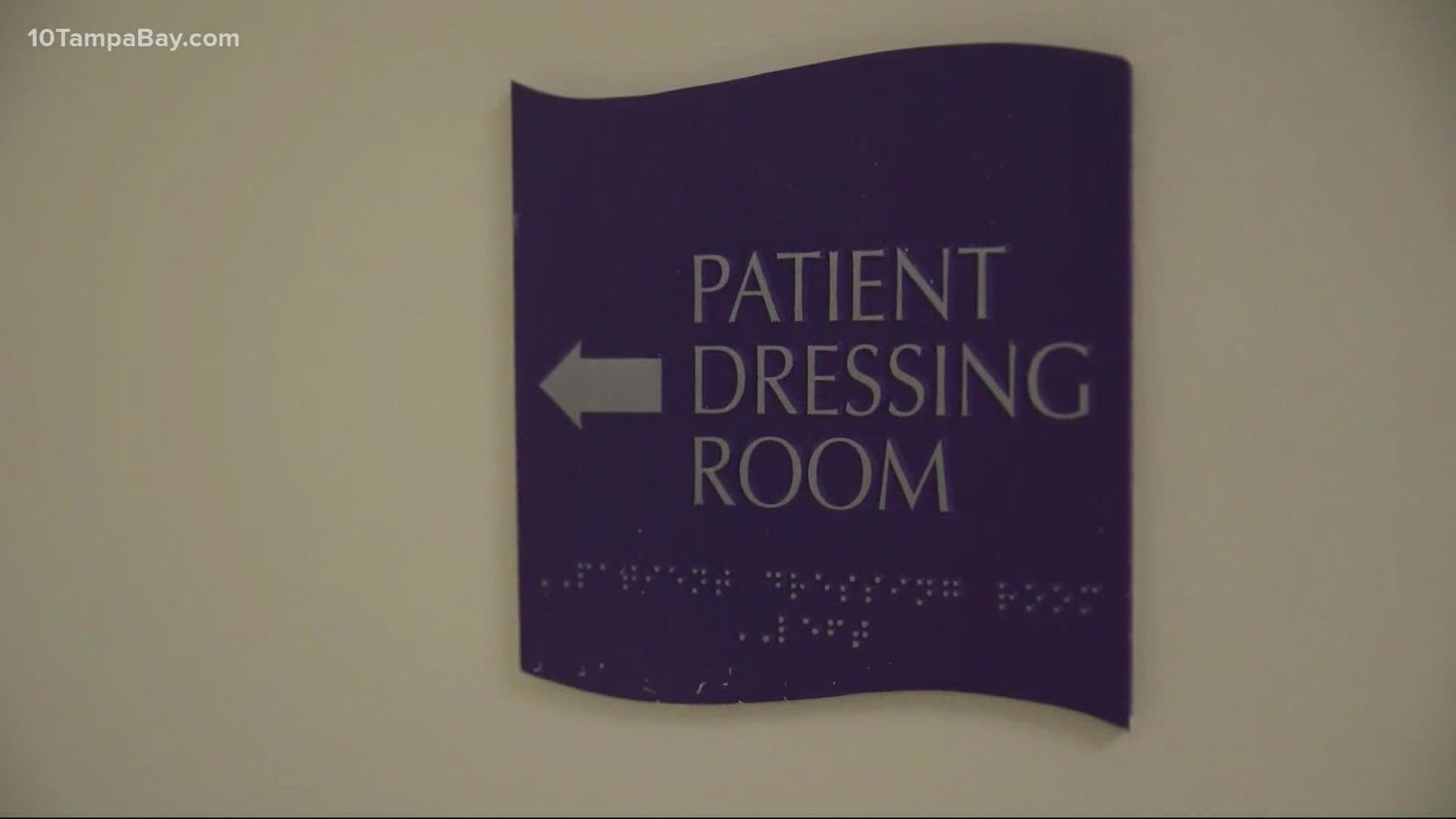TALLAHASSEE, Fla. — On Tuesday, new legislation was introduced to ban abortions after 15 weeks in the state of Florida. Just one day later, rallies were held at the State Capitol Building to protest the passage of the bills and urge lawmakers to vote against the legislation.
Current legislation allows abortions in the state of Florida for up to 24 weeks, with exceptions for circumstances of pregnancies that threatened the mother's life.
During the rallies in Tallahassee, a few lawmakers joined in to express their opposition.
"Abortion is not only healthcare, it's a justice issue," Rep. Michele Rayner said. The democratic legislator represents parts of Hillsborough, Manatee, Pinellas, and Sarasota counties. "It's also an equity issue. it's also an economic issue. abortion touches the lives of every person in this country and in this state."
On Tuesday morning, Gov. Ron DeSantis gave a blanket statement of approval for the proposed bills.
"I have not seen that particular one, but obviously I am supportive of 15 weeks," DeSantis said. "I think that's very reasonable and very consistent with being supportive of protecting life. We'll work with them as they kind of get through that process. I think that'll be something we'll be able to sign and I think a lot of people would be happy with that."
The last time a significant abortion ban proposal was put into play in the legislature was in 1989. Lawmakers were called into a special session following a Supreme Court ruling.
"The Supreme Court had ruled on Webster v. Reproductive Rights," said Dr. Lars Hafner, 10 Tampa Bay's political analyst.
"It gave states more rights to regulate abortions. Then-Governor Bob Martinez called the legislature back into a special session. He was trying to get Florida to limit abortion, in terms of 20 weeks, there'd have to be a viability test."
The bill was voted down by a democratic-run session. Protests against the legislation erupted at the capitol. The recently introduced legislation faces even higher stakes today, also involving Supreme Court rulings.
"We're now in a legislative session where the state is again feeling the Supreme Court is going to back off of Roe v. Wade and they want to be in a position to have the strictest abortion laws in the land," Hafner said.
In order for the proposed legislation to become law, it has to be voted on by the House and Senate chambers. The bill would then go to the governor's office to be signed into law. Then whether or not the bill could be upheld would depend on the Supreme Court.
But how many people could this legislation affect? Dr. Sujatha Prabhakaran is the chief medical officer for Planned Parenthood's southwest and central Florida locations. She said about 4 percent of the abortion care provided is for patients beyond 15 weeks gestation in the clinics she oversees.
"These are often some of the patients with the most difficult circumstances," Prabhakaran said. "Either because they're having serious health complications themselves as a pregnant person, fetal anomalies, or just because of harsh life circumstances."
According to Guttmacher Institute, a research and policy organization committed to advancing sexual and reproductive health and rights (SRHR) worldwide, the number of clinics offering abortions in Florida has gone down in recent years. In 2017, there were 65 facilities providing abortions. Compare that to 2014, when there were 71 abortion clinics - an 8 percent decline.

